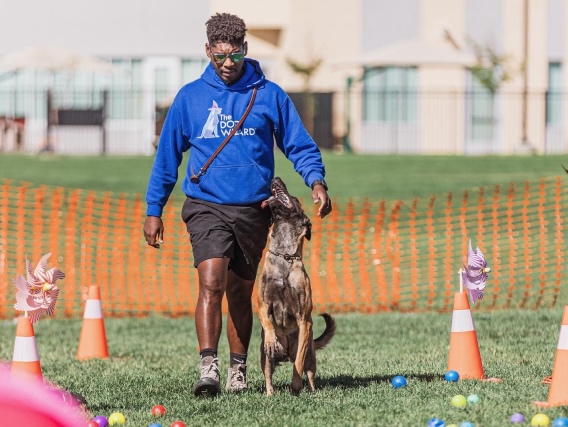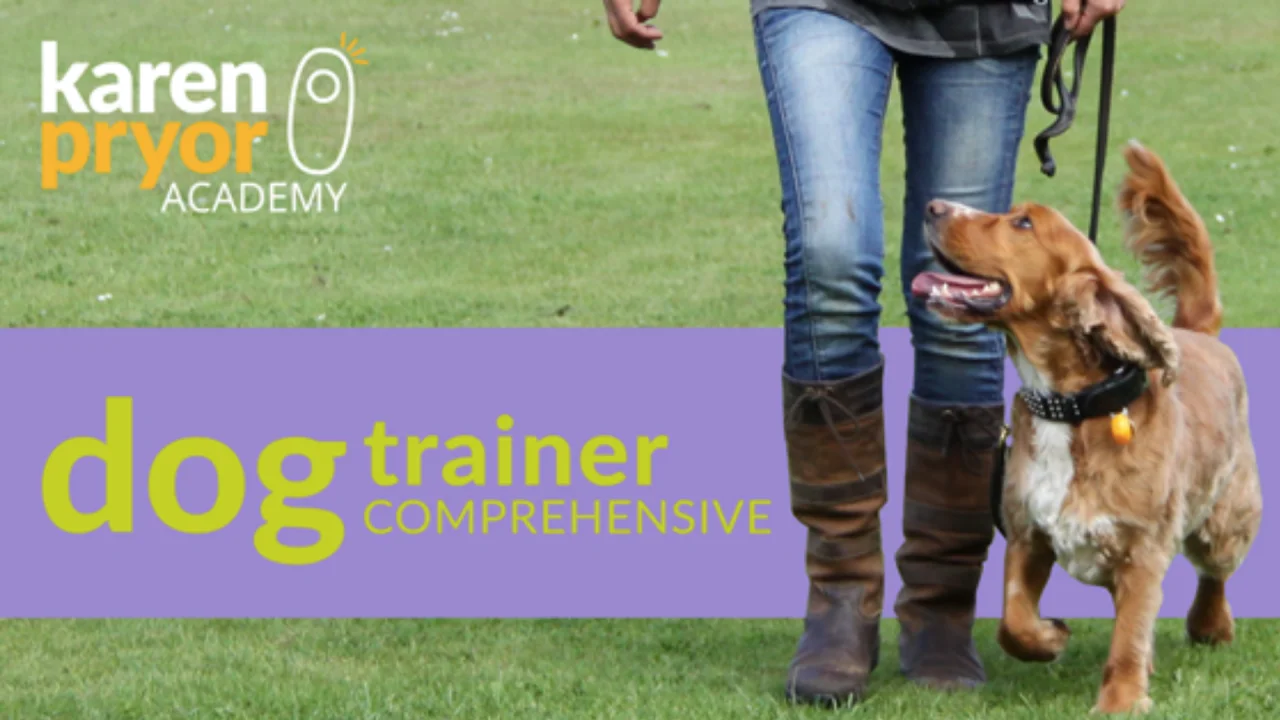Exploring Alternatives for Dog Training Charlotte: What You Required to Know
Exploring Alternatives for Dog Training Charlotte: What You Required to Know
Blog Article
Unlock Your Canine's Possible: Proven Pet Dog Training Approaches for Success
Reliable pet training is a nuanced procedure that pivots on understanding canine actions and using medically backed approaches. By including favorable support, developing clear commands, and focusing on socialization, canine owners can grow a productive connection with their pet dogs.
Comprehending Canine Actions
Comprehending canine actions is important for efficient training and promoting a positive partnership in between pets and their proprietors. A comprehensive understanding of canine body language, articulations, and social interactions is critical for identifying their feelings and requirements. Canines connect largely with non-verbal signs; as an example, a wagging tail may suggest exhilaration, while pinned ears can signify worry or entry.

Furthermore, environmental variables play a significant function fit a canine's actions. Adjustments in routine, new environments, or the presence of unfamiliar people can bring about anxiety or anxiousness in pets. Acknowledging these triggers makes it possible for proprietors to minimize negative reactions and create ideal training techniques.
Inevitably, a deep understanding of dog actions lays the structure for effective training approaches, boosting both behavior and the overall bond in between the pet dog and its owner. dog training charlotte. This knowledge is crucial for promoting a well-adjusted, delighted canine friend
Favorable Reinforcement Techniques
Efficient training relies greatly on positive reinforcement strategies, which have actually been revealed to produce significant cause shaping desired behaviors in pet dogs. This method involves compensating a dog for displaying specific habits, thus boosting the likelihood that these behaviors will be duplicated. Rewards can take various kinds, consisting of deals with, praise, toys, or playtime, depending upon what motivates the private pet.

It is necessary to progressively terminate incentives as the pet dog discovers the habits, transitioning to periodic support. This technique preserves the habits over time while protecting against dependency on consistent rewards. By concentrating on positive reinforcement, fitness instructors can cultivate a trusting relationship with their pets, promoting a healthy and balanced and cooperative training setting that improves general obedience and performance.
Establishing Consistent Commands
A fundamental element of successful canine training is the facility of consistent commands. Uniformity in commands is critical for efficient interaction between the instructor and the pet dog. When commands are consistent, pets discover to link details words with preferred actions, which increases the training procedure and enhances understanding.
To develop consistent commands, it is crucial that all household members make use of the very same terminology and motions. If one person makes use of "sit" while an additional states "sit down," it can create confusion for the dog. Select clear, distinct words for commands and make sure everybody entailed in the canine's training complies with these choices.
Strengthen commands via constant method, guaranteeing that the pet dog gets sufficient possibilities to respond properly. When a dog effectively follows a command, immediate favorable support ought to comply with.
Lastly, be patient. Developing constant commands takes time and effort. With devotion and clarity, you will certainly help your pet dog establish a solid understanding of assumptions, inevitably resulting in a mannerly buddy.
Socializing and Exposure
Socializing a canine is important for promoting a positive and well-adjusted friend. This procedure involves revealing your canine to a selection of environments, people, and various other animals to create their social abilities and flexibility. Early socialization, ideally in between the ages of 3 to fourteen weeks, is vital, as it prepares for a pet dog's future habits.
Throughout socialization, goal to give favorable experiences in different settings, such as parks, hectic streets, and homes with various other animals. Introduce your dog to different stimulations, including noises, views, and scents, ensuring that each experience is satisfying. This exposure helps alleviate worry and stress and anxiety, paving the method for an extra resilient pet.
Engaging in controlled team play sessions with various other dogs can likewise boost social abilities, instructing your pet proper interactions and limits. Focusing on socialization will considerably contribute to your pet dog's overall joy and actions throughout their life.
Conquering Common Training Difficulties

Another constant problem is diversion. Dogs may battle to focus in busy or strange setups. Gradually desensitize your pet dog to disturbances by starting training in a peaceful environment and slowly presenting more stimulations as they come to be skillful (dog training charlotte nc). Positive reinforcement strategies, such as treats and praise, can preserve inspiration and focus.
Furthermore, behavior concerns like jumping or extreme barking can become irritating. Address these by instructing different actions, such as sitting steadly when welcoming guests. Consistency and patience are essential; enhance wanted habits regularly and avoid scolding, which can lead to confusion.
Finally, recognize that each dog is special, and training timelines might differ. Tailor your method to your canine's private demands, and look for professional guidance if needed. With perseverance and the ideal techniques, overcoming these obstacles can lead to a trained, happy canine companion.
Final Thought
Finally, unlocking a dog's potential necessitates a thorough strategy that integrates an understanding of canine habits, the application of favorable reinforcement techniques, and the facility of consistent commands. Early socialization and exposure to varied environments better enhance a pet's adaptability and self-confidence. By dealing with typical training obstacles with customized methods and persistence, a cooperative and unified relationship between dog and handler can be get more promoted, eventually leading to a mannerly buddy capable of flourishing in numerous situations.
Reliable dog training is a nuanced procedure that pivots on understanding canine behavior and utilizing clinically backed strategies.Comprehending pet behavior is important for reliable training and fostering a positive relationship between pet dogs and their owners.Reliable training counts greatly on positive support techniques, which have actually been revealed to yield substantial results in shaping wanted actions in dogs. When commands are uniform, pets discover to associate particular words with desired behaviors, which speeds up the training process and enhances understanding.
In verdict, unlocking a pet dog's potential demands a thorough approach that includes an understanding of canine behavior, the application of positive support strategies, and the establishment of regular commands.
Report this page